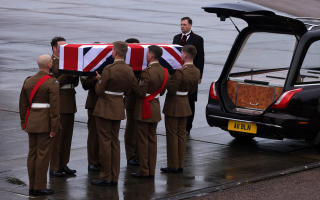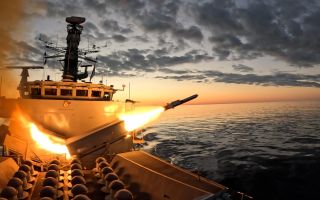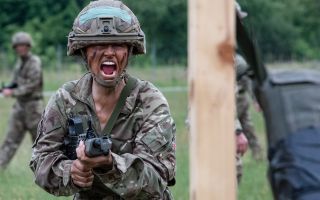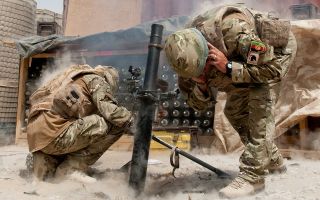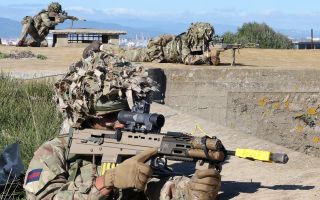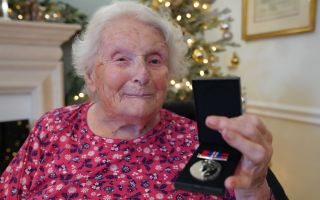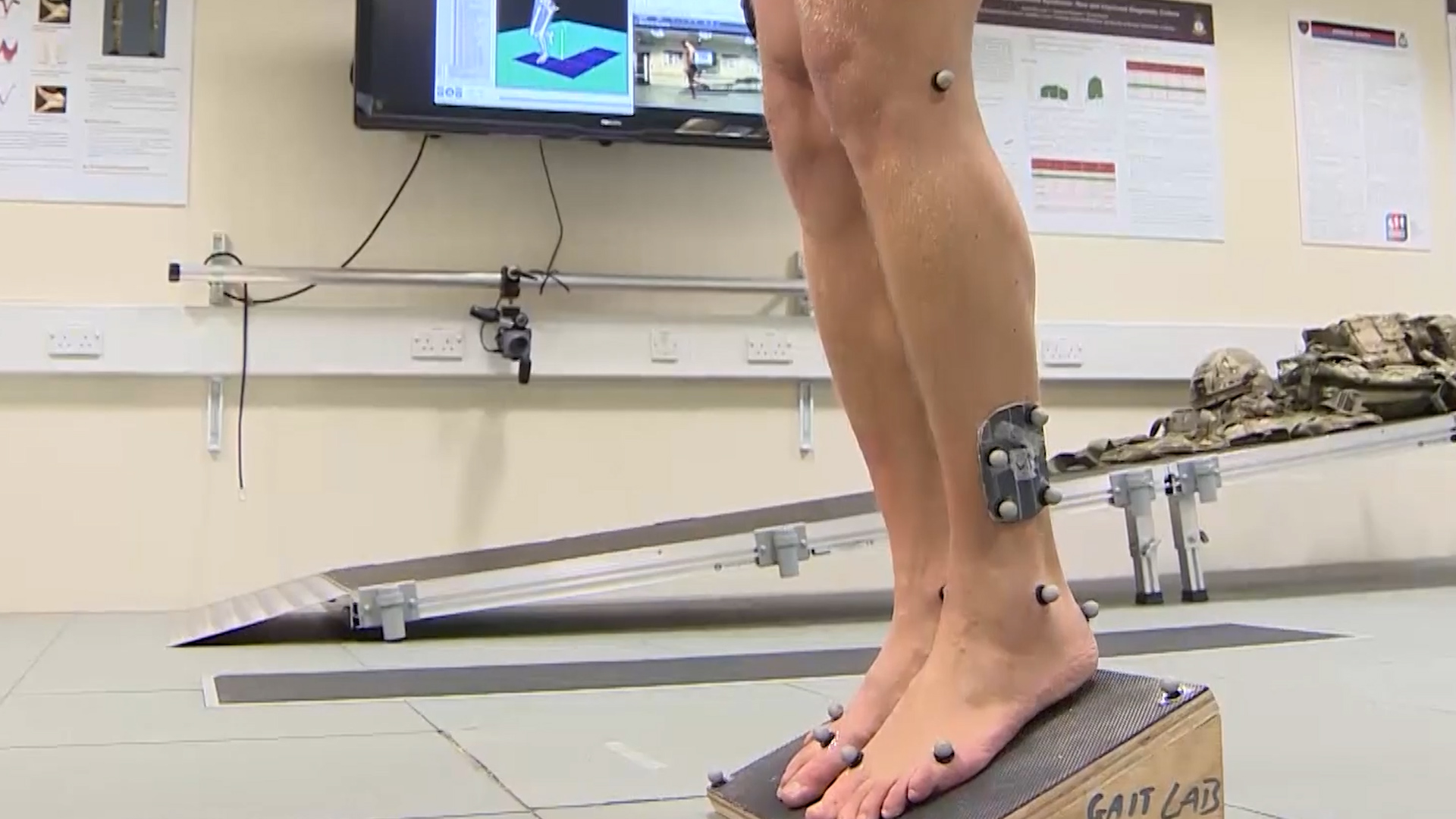
New research aims to reduce Army recruit injuries, saving lost training days

Predicting and preventing musculoskeletal injuries (MSKI) during military training is the subject of new research being jointly carried out by the Ministry of Defence and the University of Bath.
Recruits are increasingly less physical and more digitally minded than they have ever been before, making sprains and muscle, tendon or joint pain caused by physical activity far more likely.
MSKIs are a leading cause of lost training days, with persistent injuries leading to "re-squadding", where recruits do not progress with their intake and have to repeat part of their training with a different cohort.
Re-squadding is known to increase the likelihood that a recruit will voluntarily discharge.
And in the worst cases, injuries can lead to medical discharges from military service, at both an economic and logistical cost to the Armed Forces, and a personal loss for the individual in terms of their morale and mental health.
The new £1.35m research project, led by Professor James Bilzon from the University’s Department for Health, aims to address these types of injuries.
Over five years, with the support of three PhD studentships, his team will focus on the following areas:
Physiology
Exploring the physiological contributors to MSKI, such as individual physical traits, performance metrics, training load, health behaviours and biomarkers.
Various interventions that adapt military training to reduce the risk of injury will be accessed.
Statistics
Analysing injury epidemiology and related risk factors, and using artificial intelligence and machine learning methods to develop personalised strategies for minimising MSKI.
These will be rigorously tested and refined during the intervention phase of the research.
Biomechanics
Investigating the biomechanical factors – body movement and forces - associated with MSKI.
The research will also help develop movement control strategies and training interventions designed to improve movement quality and reduce injury risk.
Prof Bilzon said: "With physical activity and fitness levels of adolescents declining in the last few years, musculoskeletal injuries in new Army recruits have become an increasingly common problem.
"This exciting project uses the strength and expertise within the Department of Health to address a real-world challenge affecting both recruits and serving soldiers in the British Army and wider defence sector.
"Our evidence-based and innovative approach aims to apply the latest research methods to effectively prevent injury and prepare the next generation of recruits for a full career in military service."


